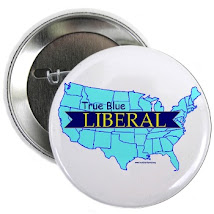Here's a great quote from a long article in the June 9, 2005 edition of the New York Review of Books, The Secret Way to War By Mark Danner:
Power, the argument runs, can shape truth: power, in the end, can determine reality, or at least the reality that most people accept—a critical point, for the administration has been singularly effective in its recognition that what is most politically important is not what readers of The New York Times believe but what most Americans are willing to believe. The last century's most innovative authority on power and truth, Joseph Goebbels, made the same point but rather more directly:
I thought of this quotation when I first read the Downing Street memorandum; but I had first looked it up several months earlier, on December 14, 2004, after I had seen the images of the newly reelected President George W. Bush awarding the Medal of Freedom, the highest civilian honor the United States can bestow, to George Tenet, [. . .] L. Paul Bremer, [ . . . ] and General (ret.) Tommy Franks [. . . ] One might debate their ultimate responsibility for these grave errors, but it is difficult to argue that these officials merited the highest recognition the country could offer.
- There was no point in seeking to convert the intellectuals. For intellectuals would never be converted and would anyway always yield to the stronger, and this will always be "the man in the street." Arguments must therefore be crude, clear and forcible, and appeal to emotions and instincts, not the intellect. Truth was unimportant and entirely subordinate to tactics and psychology.
Please read the whole article if you have the time. You'll find it worthwhile. In addition to its great long discussion of the memo's contents, it also includes the full (short) text of the memo.




No comments:
Post a Comment